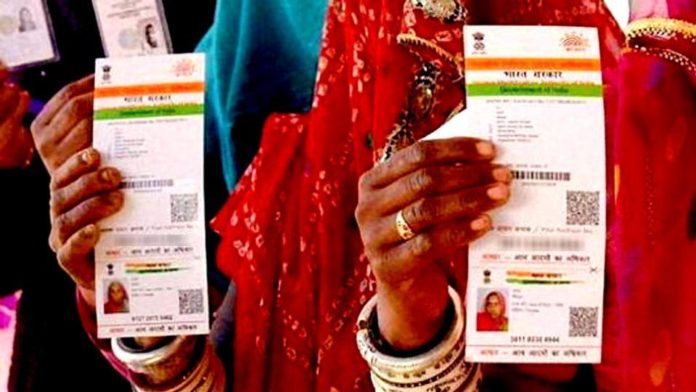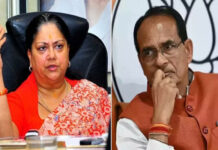
The Supreme Court today said that citizens cannot be tracked using Aadhar card.
The Unique Identification Authority of India, or UIDAI, the agency which issued over a million Aadhar cards informed the Supreme Court that it is absolutely very impossible to track Aadhar card.
Aadhar’s framework has been built in this way that even the government cannot use Aadhar for surveillance, even if the court permitted for the same.
We must use technology for human’s benefit
The fundamental right of privacy has wrecked havoc in the Indian high courts.
According to a bench sitting to consider if privacy is a fundamental right, nothing is private in the online realms. Additional Solicitor General Tushar Mehta told a nine-judge constitution bench “Nothing is private in the online era.”
“We should aim to use technology to the maximum for the betterment of human beings. About 115.15 crore people have enrolled in Aadhaar. That’s 98% of the population. The Aadhaar statute will take care of privacy violations. Do not elevate privacy to a Fundamental Right,” Mehta stated in a statement.
The Central government also communicated to the Supreme Court that a 10-member expert committee had been set up to prompt a draft bill on data protection. The committee is being headed by retired Supreme Court judge Justice BN Srikrishna
Privacy needn’t be a fundamental right
The UIDAI clubbed with the central government and other BJP ruled states suggested that privacy is being protected under the Aadhar law. However, privacy should not be construed as a fundamental right, they said. The governments said that privacy is not a constitutional right.
Here are the other members of committee: Chief executive officer (UIDAI) Ajay Bhushan Pandey; Sundararajan from the Department of Telecom (DoT), National Cyber Security Coordinator Gulshan Rai; and Dr. Arghya Sengupta, Secretary Ministry of Electronics and Information Technology (ME&IT) Ajay Kumar, Aruna, research coordinator, Vidhi Centre for Legal Policy.
Parliament has the power
Advocates also hinted that the apex court only has the right of construing, interpreting the law and the Constitution. However, it is only the parliament which can make a right a fundamental right.








